
A well-meaning mental health initiative may be setting unrealistic expectations.

A well-meaning mental health initiative may be setting unrealistic expectations.
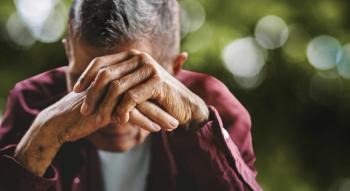
Telehealth poses challenges for patients, clinicians, families, and caregivers.

Physical activity and exercise are recognized as fundamental tools for reducing the impact of chronic diseases, including depression.

Recent research sheds light on the role of adjunctive long-acting injectable antipsychotics in treatment-resistant schizophrenia.
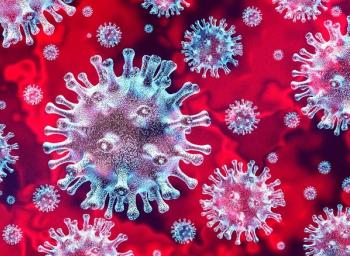
Fluvoxamine was not intended as a COVID-19 medication, but a recent study suggests it may help prevent serious complications for patients with COVID-19.

Potential relief for millions of Americans with pandemic-related sleep issues.

Facts and myths about depression during the holidays.

Manufacturing issues stall progress with ALKS 3831, Alkermes’s promising new drug for the treatment of schizophrenia and bipolar I disorder.

What is Zoom fatigue and is there a biopsychosocial explanation for this COVID-inspired phenomenon? The answer might surprise—and comfort—you.

First conceptualized over a century ago, conversion disorder continues to present a challenge to clinicians.

New research underlies the need for addressing identity in young patients during early stages of psychosis.

A new prescription smartwatch app may improve sleep quality for those with nightmare disorders.
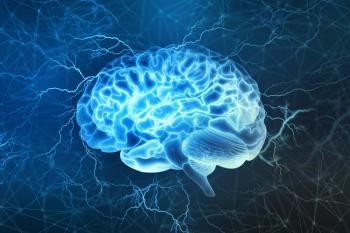
Recently published data suggests a promising new treatment for patients with obsessive-compulsive disorder.
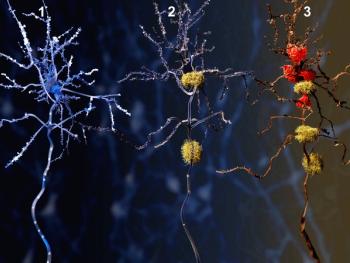
Good news in the fight against Alzheimer disease, with major progress in new, innovative treatments.

In this interview with Dr Aftab, Dr Dawson discusses how the rise of managed care industry and associated business forces have led to a profound deterioration of psychiatric practice environment in the United States.

An explanation for the clinical presentation of delusions and hallucinations may have just been found.
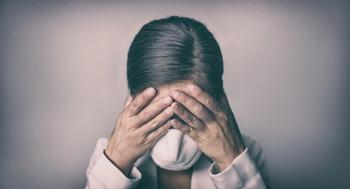
Learning from past disasters, psychiatrists are taking center staet in helping patients, family members, first responders, and other health care professionals affected by the COVID-19 pandemic.

A potential treatment for attention-deficit/hyperactivity disorder goes back to the drawing board.
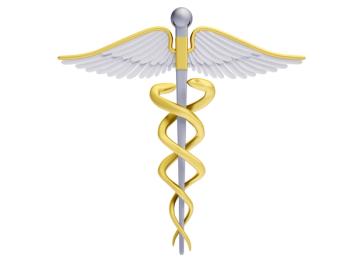
The psychiatric prescribing clinician may be called upon to treat pain comorbid with bipolar disorder.

The COVID-19 pandemic has affected the mental health of residents in 2 fundamental ways; directly through infection, and indirectly, but more insidiously, through social isolation and other psychological stresses.

Bipolar disorder frequently co-occurs with OCD and complicates treatment of OCD symptoms. Special considerations are discussed.

Antipsychotic medications for young children are not being prescribed appropriately, according to a recent study.

Have you chatted recently with your patients about their social media use? This study shows how and why it is important.

Exercise can be a useful tool in managing symptoms of anxiety and depression. Learn how you can integrate exercise prescriptions into your treatment plans.

This CME will inform clinicians with unique and much-needed skill sets in diagnosing substance use disorders and managing co-occurring chronic pain.

A controversial report from the British Psychological Society draws a pair of sharp rejoinders.

What better time to set aside our differences than during the holidays?

A study in Spain uncovers the hard truth about gender inequality in mental health care.

How does a child’s physical living space impact their neurodevelopment? Can it cause them increased stress?

A diagnosis of depression, anxiety disorders, or bulimia may also indicate a heightened risk of excessive drinking.